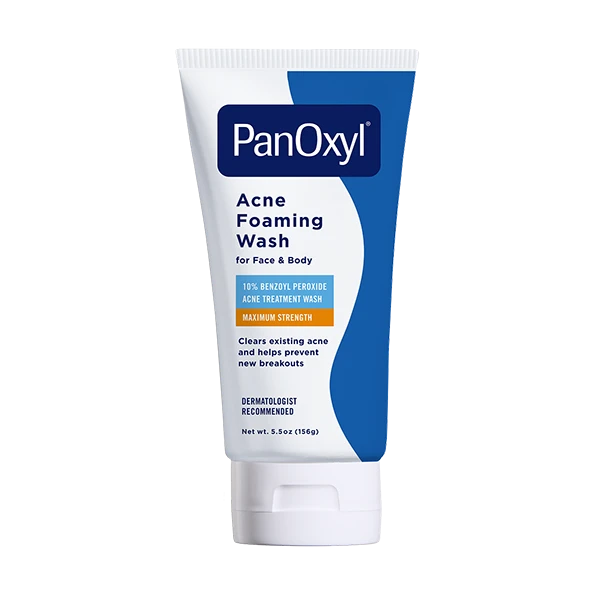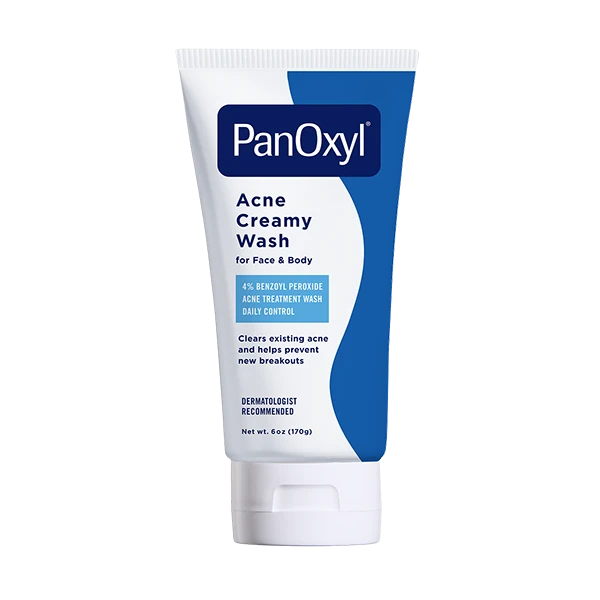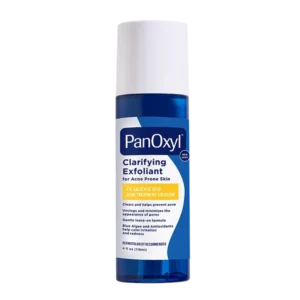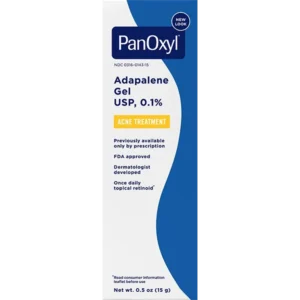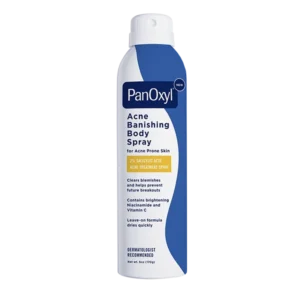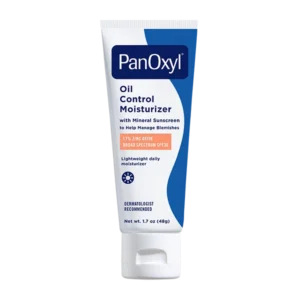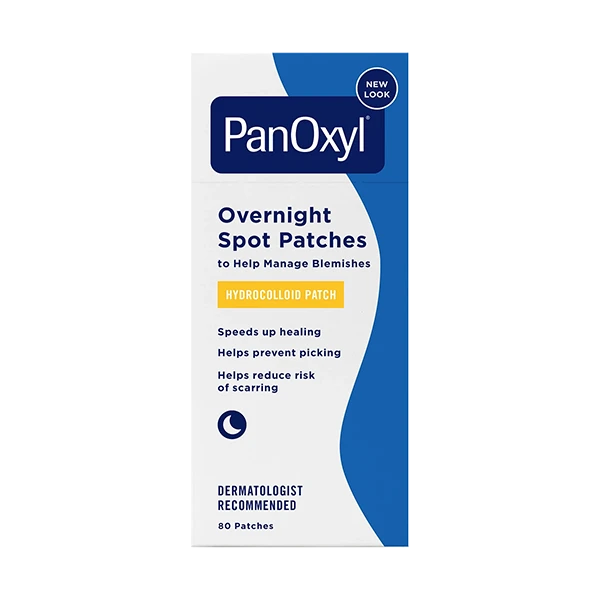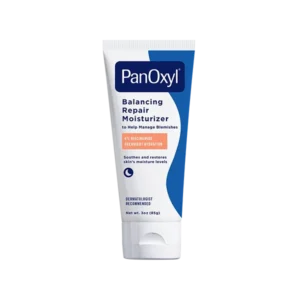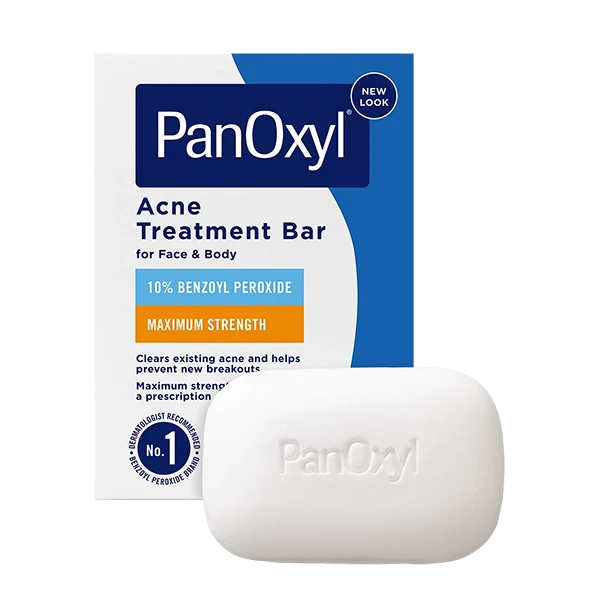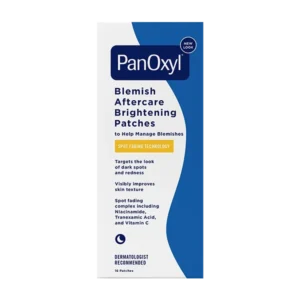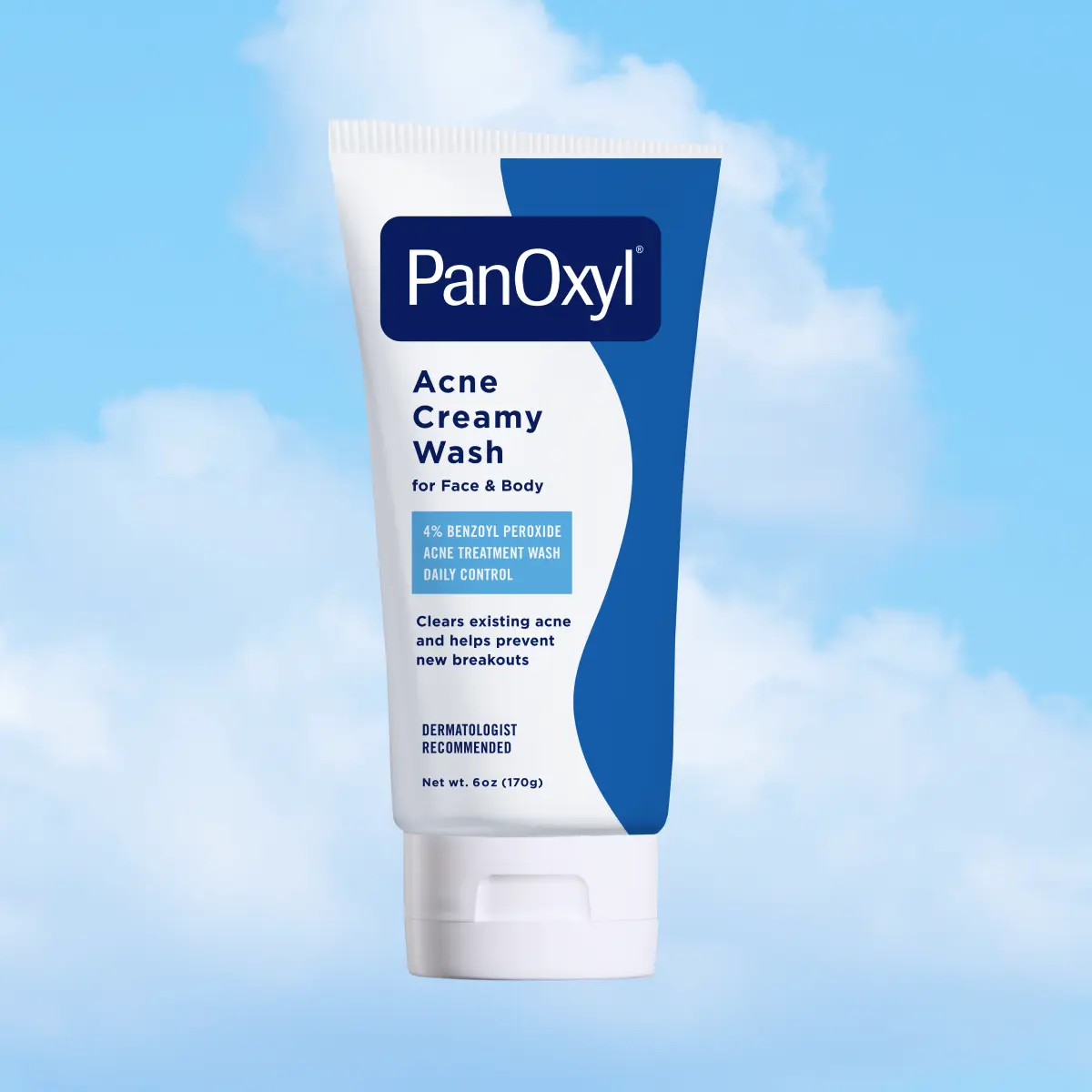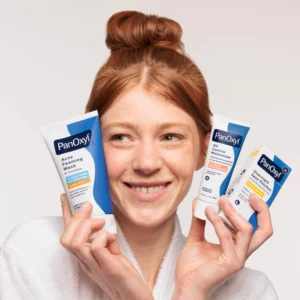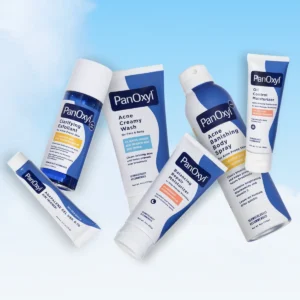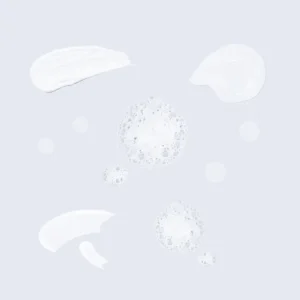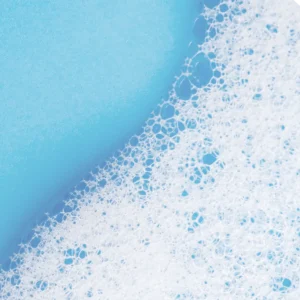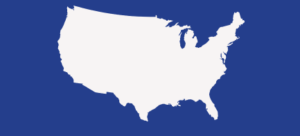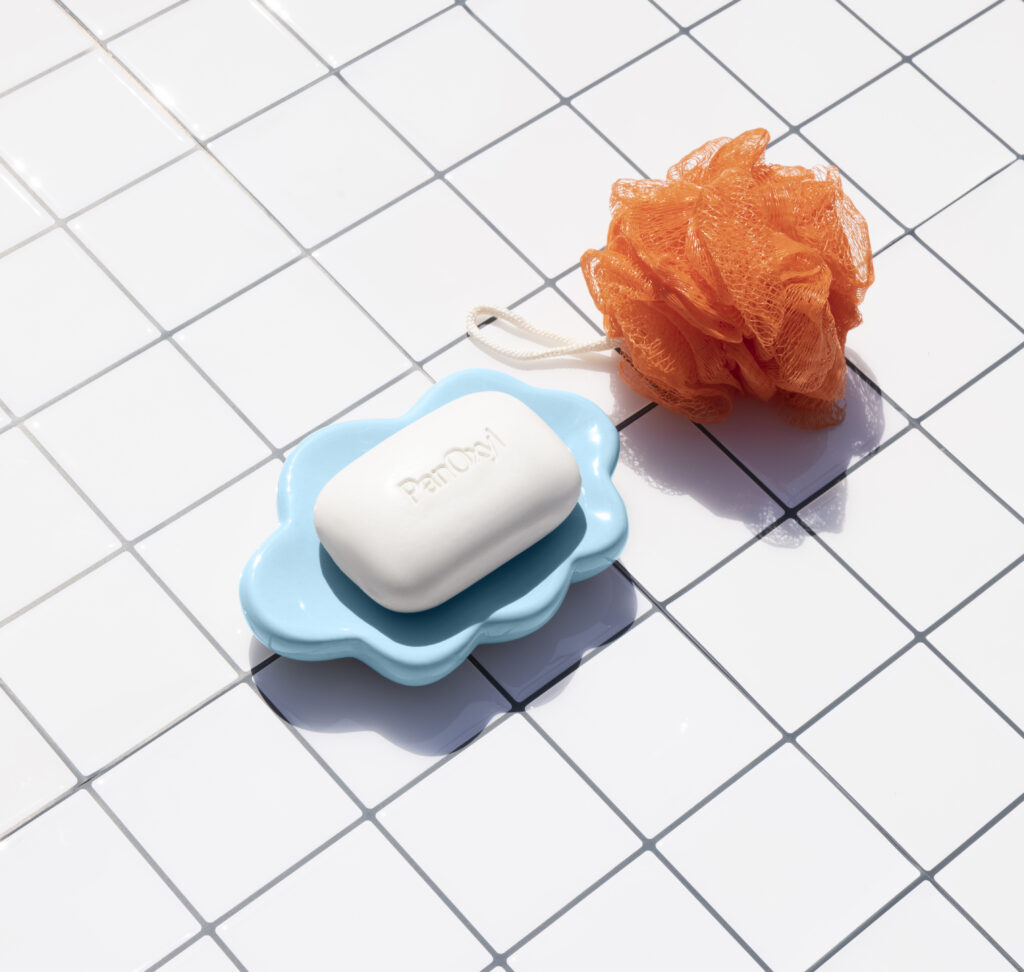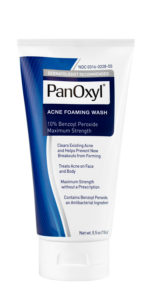Acne anywhere can take a toll on your self-confidence. Unfortunately, acne isn’t limited to just one area and can show up as face acne, back acne, butt acne and—the reason we’re all here today—chest acne. Googling, “How to hide chest acne” right before you head to the beach or after throwing on your favorite tank top is not fun. We’ve got some tips that’ll help you ditch the turtleneck and have you showing off clear skin.
The type of acne on chest
We know – you want to skip right to the good stuff. The perfect solution. The end-all-be-all. Just give me the solution, please! But with acne, it’s important to know what causes it so you know how to treat it.
The skincare aisle is filled with products labeled, “acne treatment”, all of them claiming to do the same thing when they have different active ingredients.Some products may not even say if they can be used to treat acne on the chest. The main difference is in how each product reacts with the skin to give you results.
So, what causes chest acne? What does having acne on the chest mean for your body? Does it indicate some underlying health issues? Is it impacted by something you can prevent or do less of?
The type of acne on the chest may be any of the usual suspects.
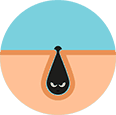
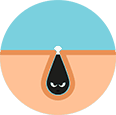
Whiteheads and blackheads: These are caused by clogged pores. If the pore is closed with a tiny white or flesh-colored bump, it’s a whitehead. If the pore is open and filled with dark gunk, it’s a blackhead.
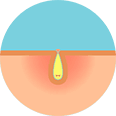
Pimples: These appear when the troublesome three (excess oil, bacteria and dead skin cells) shove their way deeper into the skin and cause inflammation. They look like small, red bump . You may have also heard them called ‘papules’.

Pus-filled pimples: AKA pustules, these are blemishes that have come to a head, the results of our bodies forcing out all of the gunk that has caused the inflamed pore.
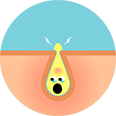

Nodules and cysts: This type of acne is the most serious and often requires a visit to the dermatologist to treat. That’s because cystic acne on the chest goes deep into the skin and can cause some real damage when it comes to scarring. All other types of acne stay on the surface of the skin, while cystic acne forms pockets (cysts) underneath it. Cystic acne is usually more common in extremely oily skin.
Why am I getting chest acne?
All of the types of acne can be traced back to three things. We like to call them the troublesome three. They are excess oil, dead skin cells and bacteria. That last one is important, so heart it, mark it as saved or something like that for later.
What causes chest acne can mostly relate back to those three things. Certain situations can increase excess oil, dead skin cells, and bacteria in our pores.If you don’t take preventative measures, wearing tight clothing while exercising can be one of the biggest causes. That’s why dermatologists tell us to shower after we sweat.
Another reason could be your diet. Some studies have shown dairy and carbs may increase blood sugar, which in turn can cause your body to produce more oils and cause more breakouts.
Other factors that you can’t or may not be able to control include genetics (if you have oily skin and your mom has oily skin, you probably inherited it) and hormonal imbalance. Both can cause your body to overproduce the natural oil known as sebum and clog your pores.
What is the best skincare routine for chest acne?
First of all, just showering more won’t cut it. Despite what the people who have been blessed with clearer skin may say, acne isn’t a hygiene problem; it’s a skincare issue. And having the right tools is essential to reaching your clear skin goals.
You also want to start treatment as soon as possible. Putting it off can turn chest acne into chest acne scars which are much harder and more expensive to treat.
The best remedy for chest acne is to treat what causes it: excess oils, dead skin cells and bacteria. The best products for chest acne help address all of these. You want to make sure your skincare routine and your products are not only helping to treat acne, but also helping to prevent it.
Dermatologists have been recommending benzoyl peroxide to treat acne for decades. It’s an ingredient the American Academy of Dermatology says dermatologists may recommend in every type of acne skincare regimen.
Benzoyl peroxide goes deep into pores to kill acne-causing bacteria and remove excess oils. This effectively unclogs pores so that the skin can begin to heal. Read more about how benzoyl peroxide works to treat acne here.
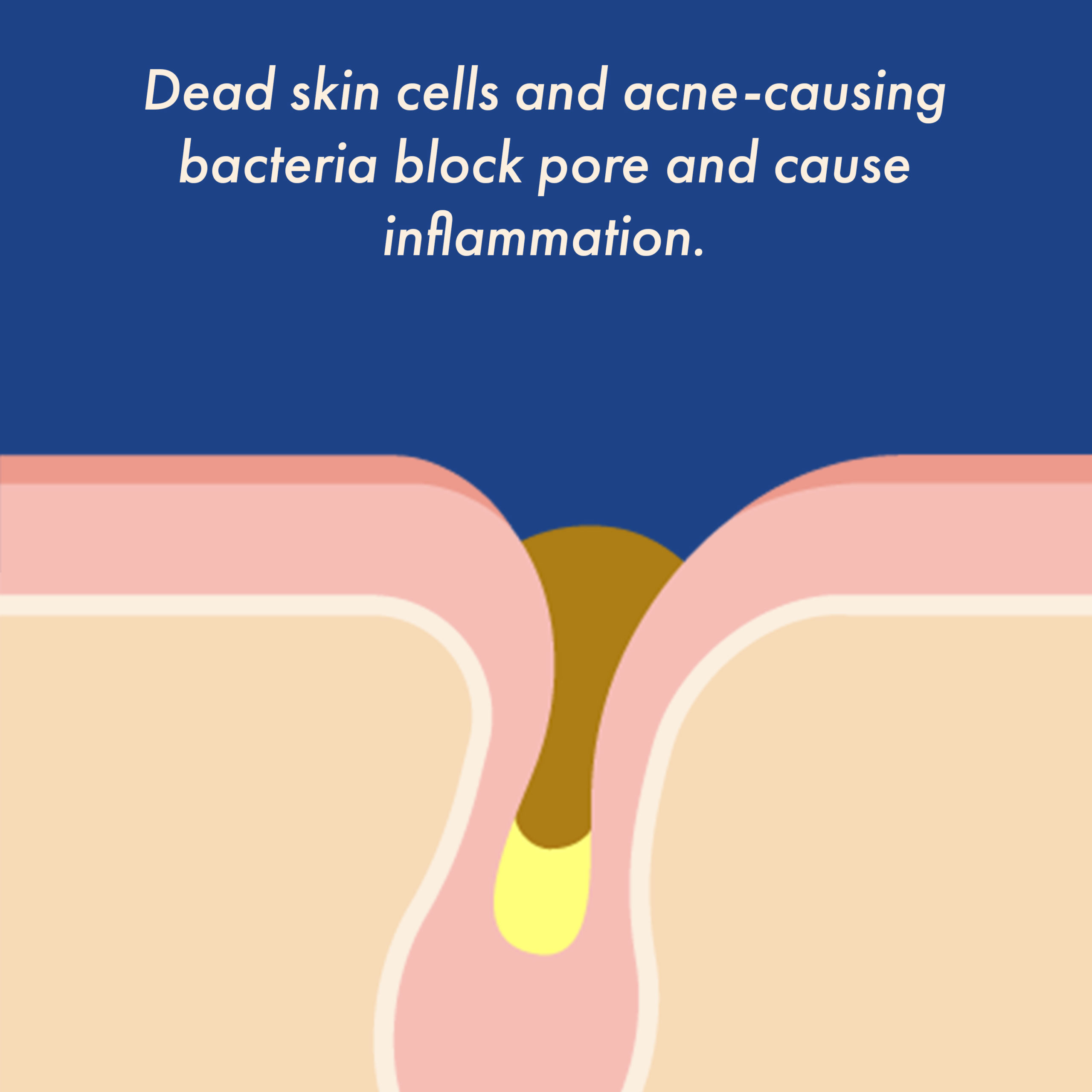
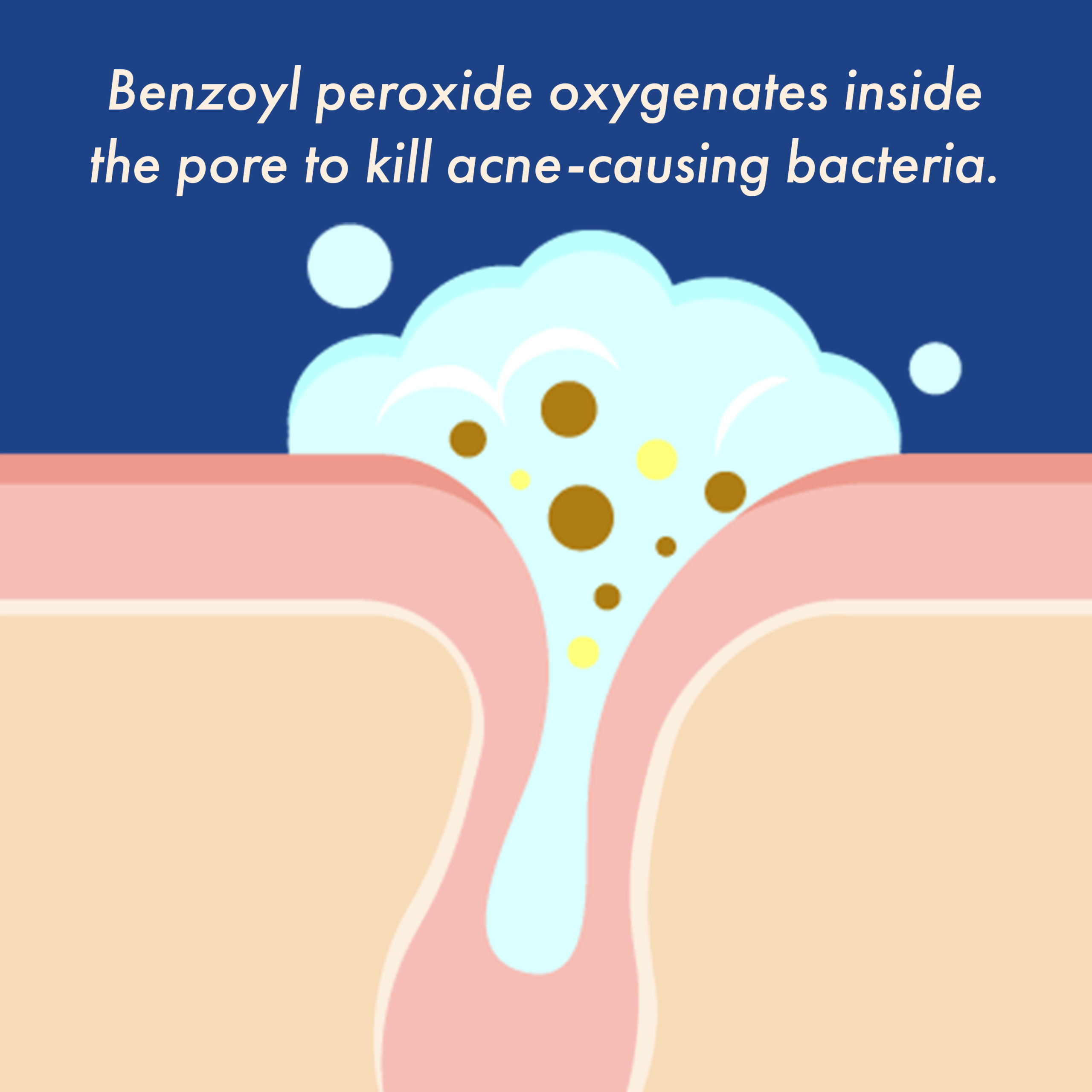
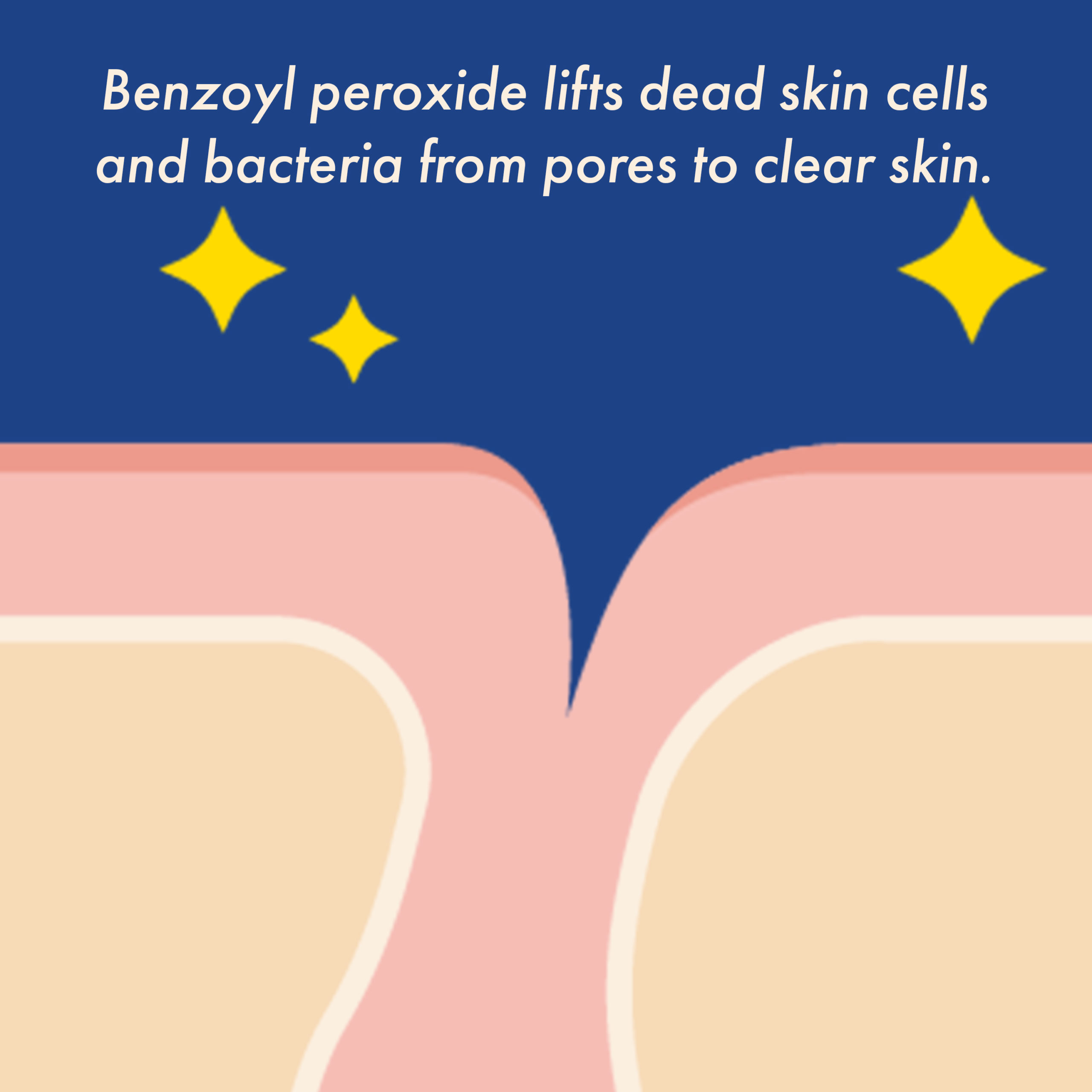
10% Acne Foaming Wash
Our PanOxyl 10% benzoyl peroxide Acne Foaming Wash can be used on the face, chest or back to help clear, treat and prevent breakouts. Use it in the shower daily for best results. Here’s how: wet your chest with lukewarm water. Apply our acne wash with your hands and gently massage into skin for 1-2 minutes. Rinse thoroughly and pat dry. Using PanOxyl daily will help keep your pores clear and help prevent future breakouts.
Bonus prevention tips:
1) Use a non-comedogenic body lotion. Your pores can overproduce oil if your skin is not properly hydrated. Use a gentle moisturizer that won’t clog pores right after you shower for maximum moisture.
2) Wear loose and breathable fabrics. Our skin hates friction and bacteria love being covered.Together, tight, non-breathing fabrics create the perfect breeding ground for bacteria and breakouts. If you’re headed to the gym or if you’re going to be moving a lot, wear loose clothing so your skin gets the breathing room it needs.
The Acne Experts
PanOxyl is a dermatologist-recommended brand. Our 10% Maximum Strength Acne Foaming Wash is the #1 Acne Wash in the U.S.* and helps to clear, treat, and prevent acne. Check out our entire line of products to help you achieve your clearest skin.
*Crown Laboratories, Inc. calculation based in part on data reported by NielsenIQ through its ScanTrack Service for the Acne Wash Category for the 52-week period ending 9/23/2021, for the total U.S. market, xAOC, according to the NielsenIQ Common Consumer Name. Copyright © 2021, Nielsen Consumer LLC.
